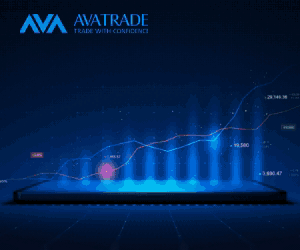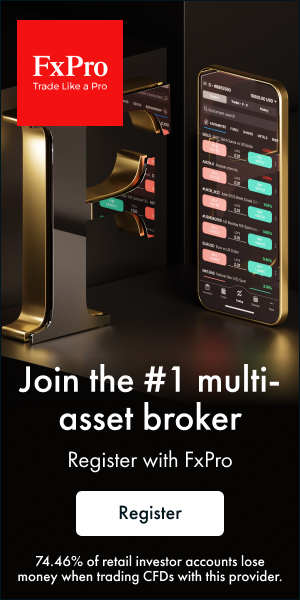Home > Library > Traders guide > Choosong a broker
Choosing a trading broker
Choosing a broker
There is a large number of forex brokers in the market, some regulated and other unregulated, which makes it difficult for a new trader to make the correct choice. Choosing a Forex broker requires research through various channels, online and offline. There are a few crucial factors that you should consider before choosing a forex broker.
Regulated or non-regulated forex broker?
Make sure to choose a regulated broker as this is important for the safety of your funds. There are plenty of trustworthy forex brokers to choose from. Trade safe!
Account details
Each forex broker has different account offerings, including:
Leverage and margin
Forex participants have access to a variety of leverage amounts depending on the broker, such as 50:1 or 200:1. Leverage is a loan extended to margin account holders by their brokers.
Commissions and spreads
A broker makes money through commissions and spreads. A broker that uses commissions may charge a specified percentage of the spread, the difference between the bid and ask price of the forex pair. However, many brokers advertise that they charge no commissions, and instead make their money with wider spreads.
Initial deposit
Most forex accounts can be funded with a very small initial deposit, even as low as $50. With leverage, of course, the buying power is much greater than the minimum deposit, which is one reason forex trading is attractive to new traders and investors. Many brokers offer standard, mini and micro accountswith varying initial deposit requirements.
Ease of deposits and withdrawals
Each forex broker has specific account withdrawal and funding policies. Brokers may allow account holders to fund accounts online with a credit card, via ACH payment or PayPal, or with a wire transfer, bank check or business or personal check. Withdrawals can typically be made by check or by wire transfer. The broker may charge a fee for either service.
Currency pairs offered
While there are a great deal of currencies available for trading, only a few are regarded as having a high level of liquidity. The major currency pairs are the U.S. dollar/Japanese yen (USD/JPY), the Euro/U.S. dollar (EUR/USD), the U.S. dollar/Swiss franc (USD/CHF) and the British pound/U.S. dollar (GBP/USD).
Be cautious: A broker may offer a huge selection of forex pairs, but what is the most important is to offer the pair(s) in which investors are interested. For more information on the major pairs, visit our library.
Customer service
Forex trading occurs 24 hours a day, so make sure to choose a broker whose customer support services are constantly available. Another consideration is the ease with which one can speak with a live representative, rather than a time consuming, and often frustrating, auto-attendant.
When considering a broker, a quick call can give you an idea of the type of customer service they provide, wait times and the representatives’ ability to concisely answer questions regarding spreads, leverage, regulations and company details.
Such details demonstrate the amount of years the broker has been established in the market and the size of their trade volume (larger brokers generally have access to better prices and execution).
Trading platform
The trading platform is the investor’s portal to the markets and should be easy to use, visually pleasing and include a variety of technical and/or fundamental analysis tools. Brokers should provide well-designed trading platforms with distinct ‘’buy’’ and ‘’sell’’ buttons to facilitate trades entrance and exit. Some even include a “panic” button that closes all open positions. Please bear in mind that a poorly designed trading interface may lead you to costly order entry mistakes, such as accidentally adding to a position rather than closing it, or going short when you meant to go long.
Other considerations include customization options, order entry types, automated trading options, strategy builders, backtesting and trading alerts. Before getting hands-on with online trading we advise you to open a demo account. Most brokers offer this option to enable new traders to try out the trading platform and practice without the risk of losing real money. It is important to do some research before committing to a broker as this will increase your chances of success in forex trading. Once you develop confidence in your broker you will be able to devote more time in analysis and attention to developing forex strategies.
If you are new to the world of forex and are about to start trading online, we encourage you to visit our Four Step Trading Guide to help you get started.
Find a broker
Protect your capital by investing your money with a regulated broker. Choose a broker and start trading the markets with safety. Our complete list of regulated forex brokers helps you to find a legit FX broker that really suits your needs. The regulation is also explained in detail. Your capital is at risk.
Go to brokers



